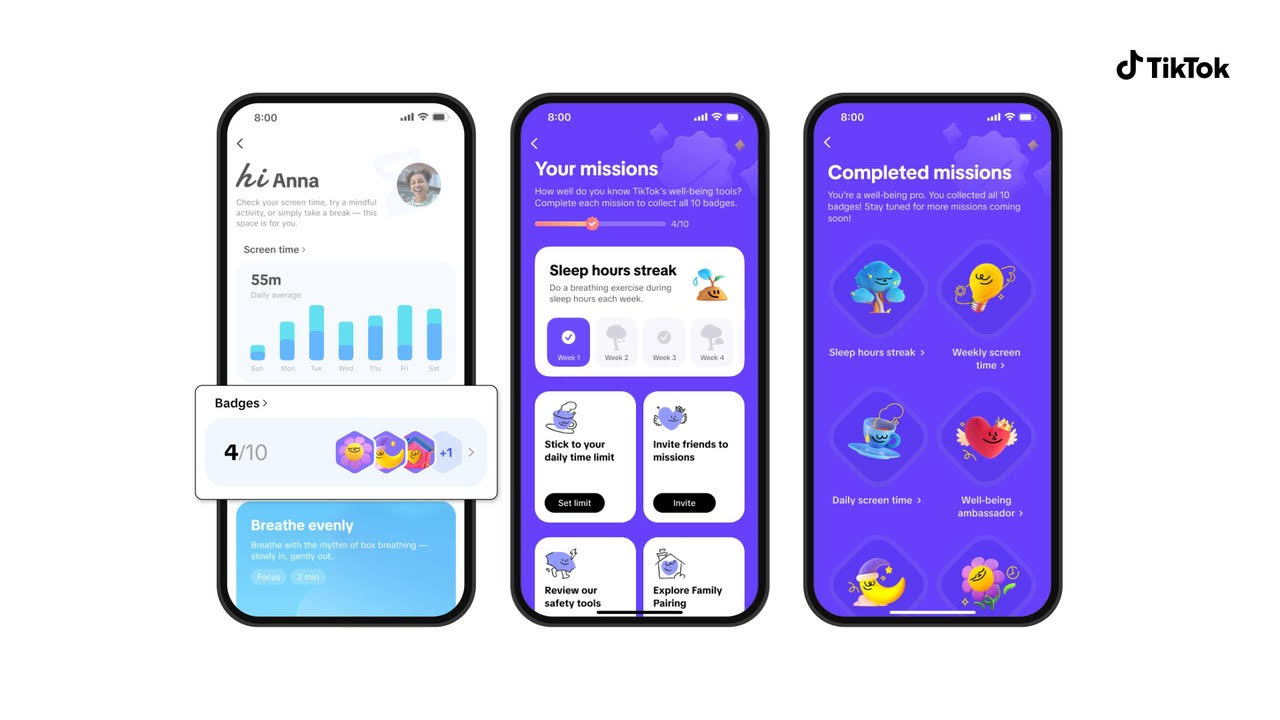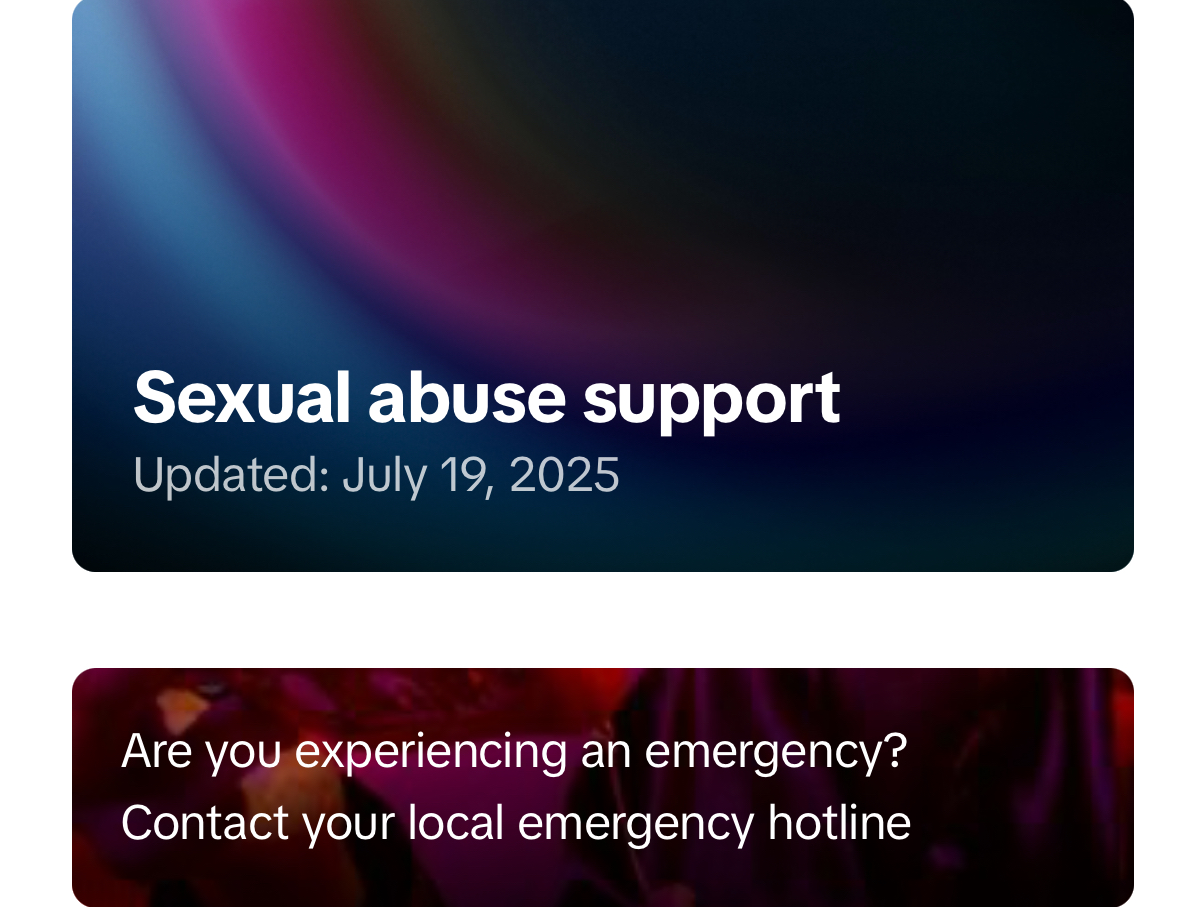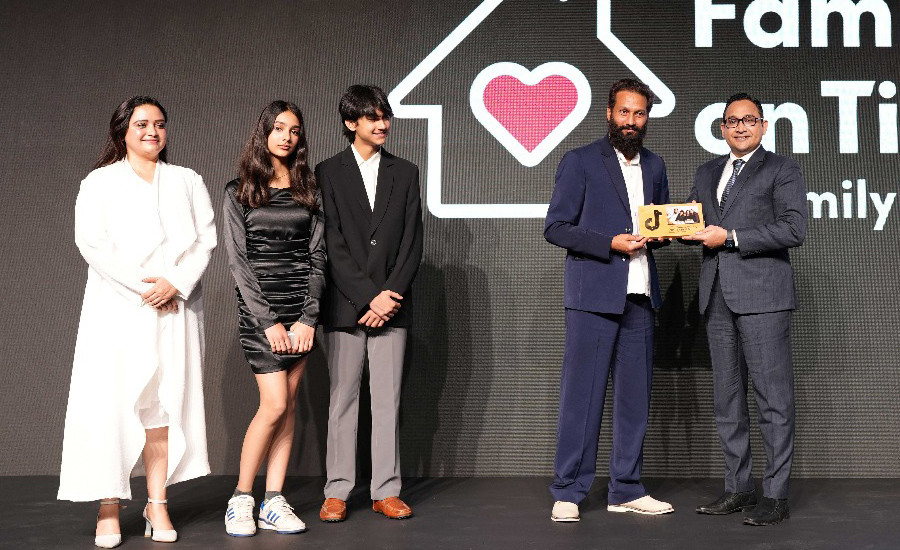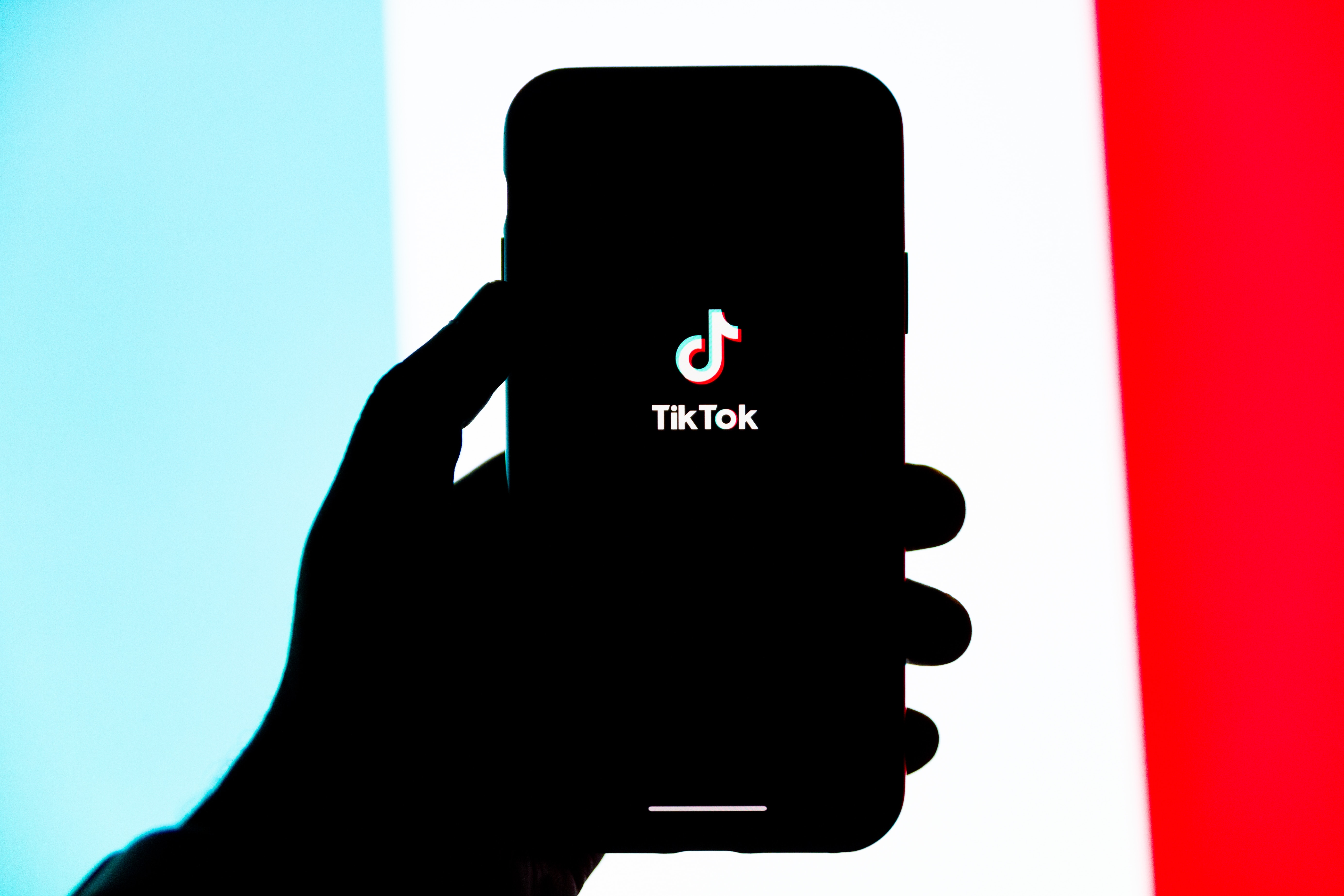
Kathmandu, December 4
The Ministry of Communication and Information Technology in a written reply to the Supreme Court has said TikTok was banned as there were no ways to regulate the application.
The court asked for a written response from the Ministry following writ petitions filed at the Apex court, urging it to overturn the government’s decision to ban TikTok.
On November 30, the Ministry of Communications submitted a written reply, stating TikTok’s self-regulation is inadequate and that real-time content removal is unfeasible, which forced the government to ban the platform.
The Communication Ministry argued that singling out TikTok for regulation alone is impractical. Instead, the Ministry asserts the necessity of banning TikTok due to its failure to align with the principle of removing false and misleading content upon verification of its accuracy.
The ministry, in its letter, states TikTok’s algorithm, designed to deliver personalised content based on user interests, encourages prolonged usage, leading to adverse effects on human health.
In its written response, the ministry also argues that excessive use of TikTok is linked to issues such as insomnia, anxiety, and depression. Furthermore, it states the platform is steering children and youth in inappropriate directions, fostering toxic psychological effects.
Communication Ministry also states that TikTok has been implicated in displaying obscenity through its videos, soliciting immoral activities, conducting explicit actions via live broadcasts, and contributing to an increase in illegal activities.
“There has been a surge in unethical, unrestrained, and anti-social activities, particularly aimed at receiving gifts through live streaming on TikTok,” says the Ministry.
The Ministry also states that TikTok has been banned in 28 other countries. However, in many of these countries, the ban is partial, often restricting TikTok usage to government devices only.
Prime Minister Pushpa Kamal Dahal provided a written response to the Supreme Court regarding the TikTok ban, alleging that the platform has propagated social disharmony.
Stakeholders and lawyers submitted over 10 petitions to the Supreme Court, arguing that the government’s decision to ban TikTok infringes upon freedom of expression.
During the hearing on November 21, the bench, led by Justice Binod Sharma, requested a written explanation from the government elucidating the rationale behind the TikTok ban.
Upon receiving the written response, the Supreme Court directed that the case be scheduled for a full hearing starting on December 5.
























